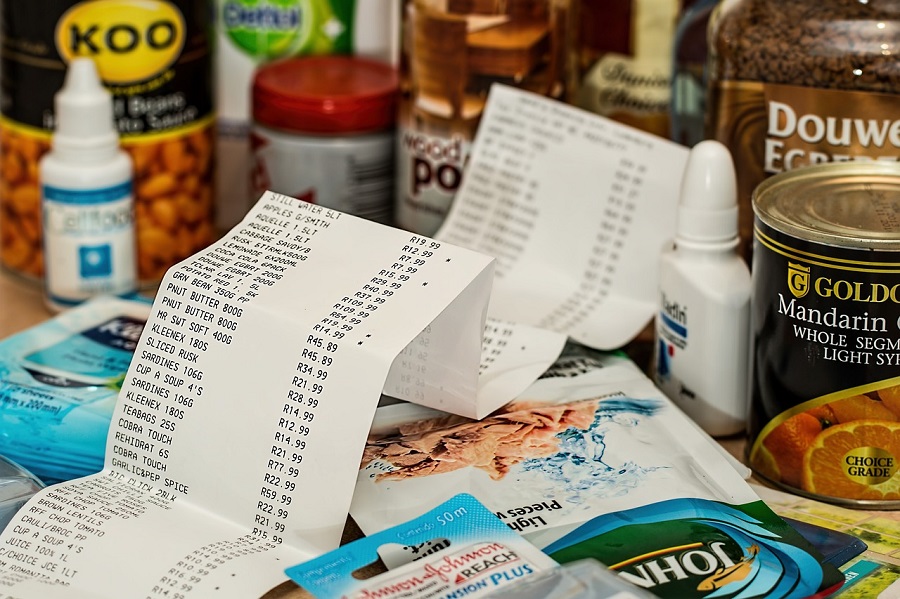“The Grocery Rebate is officially coming to eligible Canadians on July 5th. 11 million people across the country are going to receive hundreds of dollars in support by direct deposit or cheque. We’ll keep working to make life more affordable for you.” Tweeted Prime Minister Trudeau
Last night, Prime Minister Trudeau took to Twitter to announce a significant development in his government’s efforts to support Canadians facing financial challenges. The eagerly awaited grocery rebate has finally been assigned a distribution date, bringing a glimmer of hope to millions of individuals and families.
The grocery rebate program is designed to provide financial assistance to individuals and families across Canada. To be eligible for the rebate, one must meet certain income thresholds and have a specific family size. For instance, a single mother with one child and a net income of $30,000 will receive $386.50 to cover grocery expenses. Similarly, a couple with two children and a net income of $35,000 will receive $467. These examples demonstrate how the rebate amount varies based on individual circumstances.

As with any government initiative, the grocery rebate program has not been without its share of criticism. Opponents of the rebate argue that the allocated funds are insufficient to make a significant impact and that it adds to the country’s already mounting national debt. On the other hand, some critics question the necessity of providing financial assistance for groceries, labelling it as wasteful spending. It is important to consider these different viewpoints to understand the issue comprehensively.
While criticisms of the grocery rebate persist, it is essential to recognize its positive impact on 11 million Canadians. The rebate program aims to alleviate the financial burden of purchasing groceries for those struggling to make ends meet. For many individuals and families, this support can mean the difference between putting food on the table or going hungry. It provides a lifeline to those who are facing economic hardship and ensures that their basic needs are met.
To fully appreciate the value of the grocery rebate, it is crucial to consider alternative scenarios. Without this program, individuals already facing financial difficulties would have to find alternative ways to stretch their limited resources. Some might have to choose between buying groceries or paying utility bills, while others may be forced to rely on food banks and charitable organizations to feed themselves and their families. The grocery rebate is a vital safety net, preventing vulnerable individuals from further hardship.
Amidst the discussions surrounding the grocery rebate, there have been debates about the practices of big grocers and the rising cost of living. Some argue that large grocery chains are taking advantage of their market dominance by increasing prices, offsetting any potential benefits the rebate provides. However, the extent to which this is true remains uncertain. The intricacies of pricing and the cost of living are complex issues that require careful examination beyond the scope of this article.
While opinions on the grocery rebate may vary, it is crucial to recognize its significance in helping individuals and families in need. The rebate ensures that 11 million Canadians can access food and sustain themselves during difficult times. It acts as a temporary lifeline, providing relief and stability until individuals can return. By acknowledging the importance of this program, we acknowledge the value of compassion and support for our fellow citizens. As the program rolls out, we must strive to address the concerns raised, monitor its effectiveness, and continue working towards creating a more inclusive and affordable society for all.









